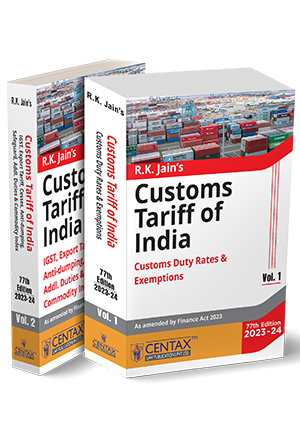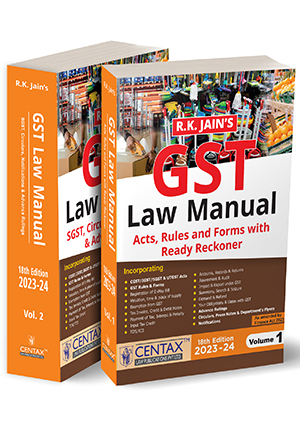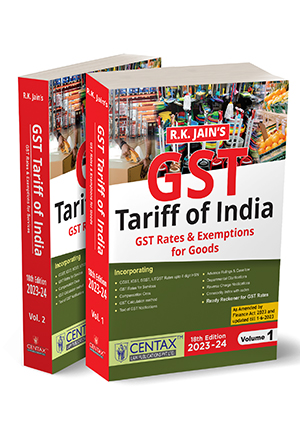[World Tax News] Italy Introduces Tax Credit for Purchasing Recycled Plastic and Packaging Products and More
- Blog|News|International Tax|
- 2 Min Read
- By Taxmann
- |
- Last Updated on 1 June, 2024

Editorial Team – [2024] 162 Taxmann.com 925 (Article)
World Tax News provides a weekly snippet of tax news from around the globe. Here is a glimpse of the tax happening in the world this week.
1. Italy introduces tax credit for purchasing recycled plastic and packaging products
On May 21 2024, Italy published the Decree of April 2 2024 from the Ministry of Environment and Energy Security in the Official Gazette. This decree outlines the implementation of a 36% tax credit for expenses related to the purchase of recycled plastic products and biodegradable, compostable, or recycled packaging products, with a cap of EUR 20,000 per year.
This tax credit is available for the fiscal years 2023 and 2024 to all companies established and registered in Italy that engage in economic activities within the country, provided they are not in liquidation or undergoing insolvency proceedings and acquire qualifying products.
The decree details the qualifying conditions for the credit, eligible expenses, technical requirements, necessary certifications, the process for accessing the credit, and other pertinent matters.
Source: Official Gazette
2. OECD releases updated guidance on ‘Implementation of Country-by-Country Reporting’
The OECD has released an updated Guidance on CbC Reporting. This new version includes new instructions on handling dividends in “profit (loss) before income tax”, replacing the September 2018 guidance.
This guidance clarifies that, in line with Revenue, Profit (Loss) before Income Tax excludes payments received from other Constituent Entities if these payments are treated as dividends in the payer’s tax jurisdiction.
The BEPS Action 13 Report lacks specific guidance on interpreting “payments received from other Constituent Entities that are treated as dividends in the payer’s tax jurisdiction,” leading to varied approaches by jurisdictions and MNEs.
This updated guidance clarifies that this expression refers to payments classified as dividends in the data source used for completing Table 1 concerning the payer’s tax jurisdiction. In a CbC report, such payments should be treated consistently in both the payer’s and recipient’s tax jurisdictions.
All OECD and G20 countries have pledged to implement Country-by-Country (CbC) reporting, as detailed in the Action 13 Report “Transfer Pricing Documentation and Country-by-Country Reporting.” Recognizing the significant benefits CbC reporting offers tax administrations for high-level risk assessment of transfer pricing and other BEPS-related tax risks, many other jurisdictions, including developing countries, have also committed to implementing CbC reporting. Together with OECD members, these jurisdictions form the “Inclusive Framework.”
Implementing CbC reporting is considered a top priority for addressing BEPS risks. The Action 13 Report recommended that CbC reporting should apply to fiscal periods beginning on or after January 1, 2016. Rapid progress has been made to meet this timeline, including the establishment of domestic legal frameworks and the creation of competent authority agreements for the international exchange of CbC reports. Multinational Enterprise (MNE) Groups have also prepared for CbC reporting, and ongoing dialogue between governments and businesses is crucial for consistent global implementation. This consistency will ensure a level playing field, provide certainty for taxpayers, and enhance the ability of tax administrations to use CbC reports effectively in their risk assessments.
Source: oecd.org
Click Here To Read The Full Article
Disclaimer: The content/information published on the website is only for general information of the user and shall not be construed as legal advice. While the Taxmann has exercised reasonable efforts to ensure the veracity of information/content published, Taxmann shall be under no liability in any manner whatsoever for incorrect information, if any.





